Explore Classical Studies journals
Explore Classical Studies books
February Monographs
January Monographs
New titles
-
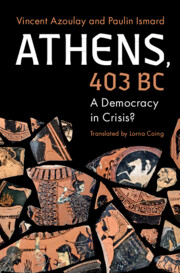
- Book
Athens, 403 BC
-
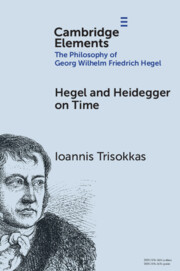
- Element
Hegel and Heidegger on Time
Classical Studies series
-
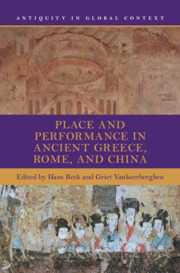
Antiquity in Global Context
- Series
-
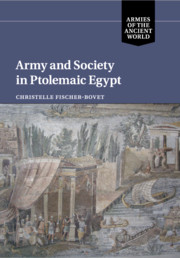
Armies of the Ancient World
- Series
-
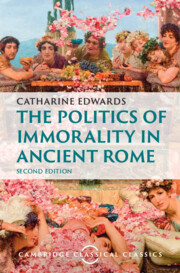
Cambridge Classical Classics
- Series
-
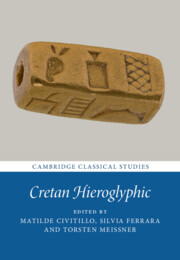
Cambridge Classical Studies
- Series
Classical Studies - Journals blog
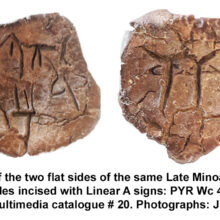
-
Multimedia at Minoan Myrtos–Pyrgos, Crete
- 19 February 2024,
- It is rare in the scholarship of Bronze Age Crete, during a period as old as the third and second millennia BCE, to present an inclusive account and analysis...

-
The importance of open access publishing for the arts and humanities
- 20 December 2023,
- Between 2012 and 2014, I held a two-year Wellcome Trust Research Leave Award (WT096499AIA) for a project on women surgeons in Britain, 1860-1918.…
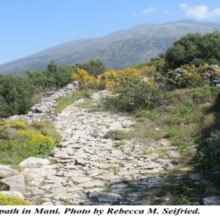
-
Tracing the Origins of Patrick Leigh Fermor’s Mani
- 20 July 2023,
- In 1958, Patrick Leigh Fermor’s enchanting travelogue Mani: Travels in the Southern Peloponnese appeared on bookshelves.
Classical Studies - Books blog
-
The Shamanism of Eco-Tourism
- 27 February 2025,
- How did Indigenous people in the New World understand their encounters with Europeans during the colonial era? This question is at the centre of ongoing debates The post The Shamanism of Eco-Tourism first appeared on Fifteen Eighty Four | Cambridge University Press....
-
Defining Darwinism
- 25 February 2025,
- In late 2024 Cambridge University Press published two surveys of the history of evolutionism, Michael Ruse’s Charles Darwin: No Revel, Great Revolutionary and The post Defining Darwinism first appeared on Fifteen Eighty Four | Cambridge University Press....
-
The struggle against a German word…and why Germans have never stopped saying it
- 24 February 2025,
- Scholars have often looked at cultures through the lens of their “keywords”– terms allegedly so unique as to be untranslatable. In German-speaking countries, The post The struggle against a German word…and why Germans have never stopped saying it first appeared on Fifteen Eighty Four | Cambridge University Press....
Color Us Greek
While it’s too much to imagine that those endlessly fascinating Greek ancestors of ours were color-blind, they most certainly were keen on marking difference, linguistically and geographically. But what about “racially?” What was “blackness” to a citizen of Ancient Greece, and what did the blackness of Sub-Saharan Africans, in fact, signify? And what in the world did an “Ethiopian” such as Memnon, whose people were favored by the gods, appear to be physically in the Greek imagination? Speculation about such complex matters has never elicited more energetic speculation and wishful thinking from scholars, journalists, and filmmakers than today, who inevitably read Greek attitudes toward physical differences through the lens of black-white race relations in the West today. Which is why Sarah Derbew’s Untangling Blackness in Greek Antiquity is a most welcome corrective to the school of Afrocentricity that would paint even Greek-descended Cleopatra black. Bringing deep learning and calm, convincing reasoning to a politically-loaded subject is always difficult. But Professor Derbew accomplishes this task with eloquence, grace, and hard-hitting analytical skills that make this book must reading for all of us who long to know how racial differences manifested themselves in the sublime culture from which we all descend.

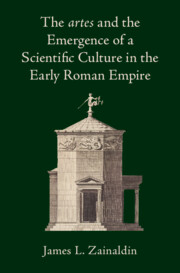
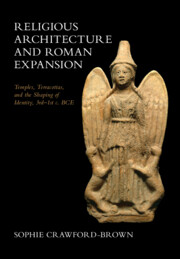
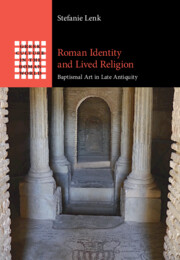
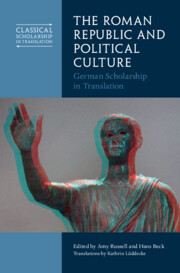
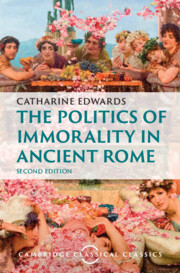
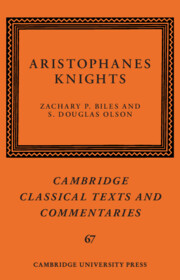
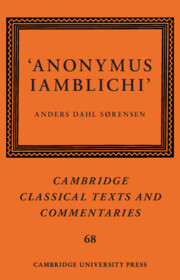

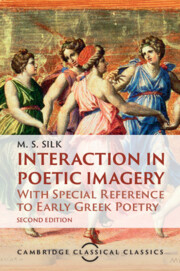
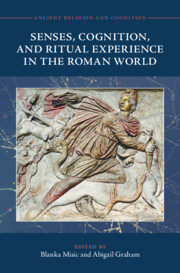
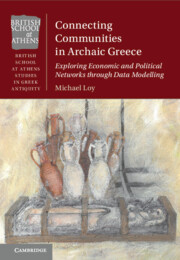
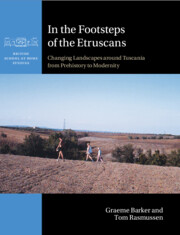
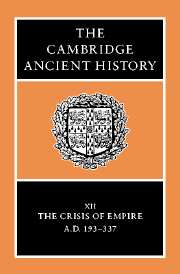
Twitter
Cambridge on Facebook